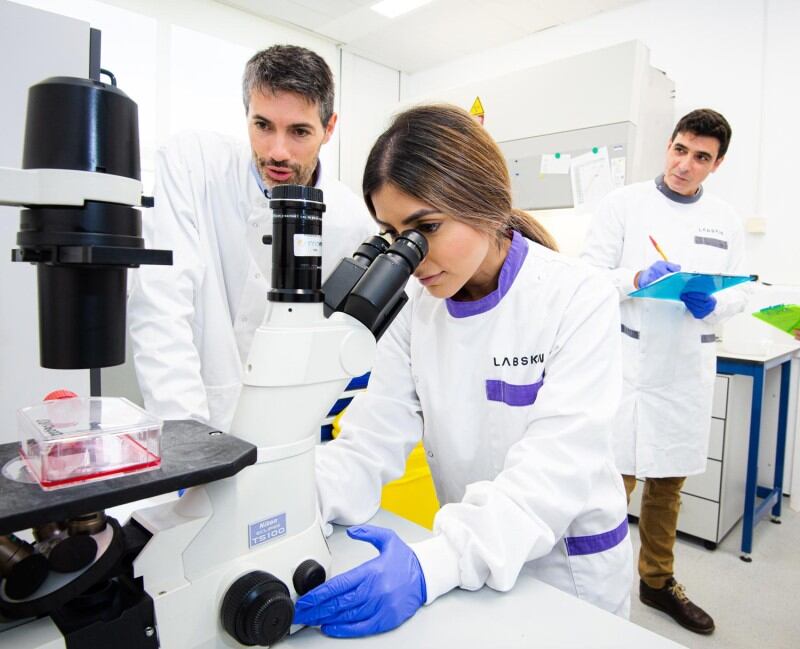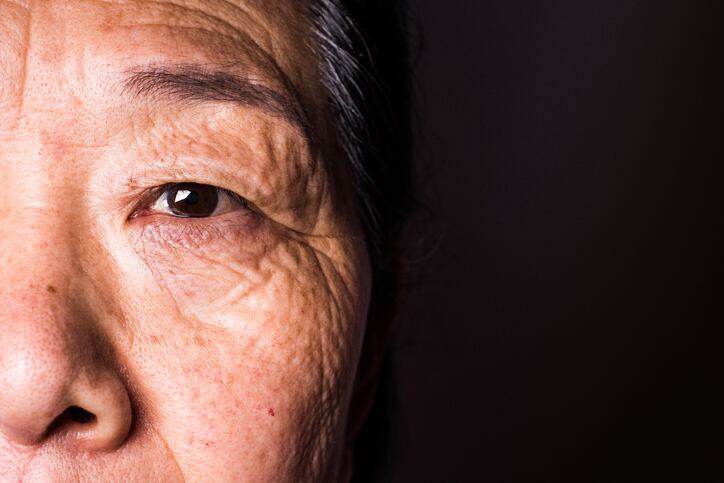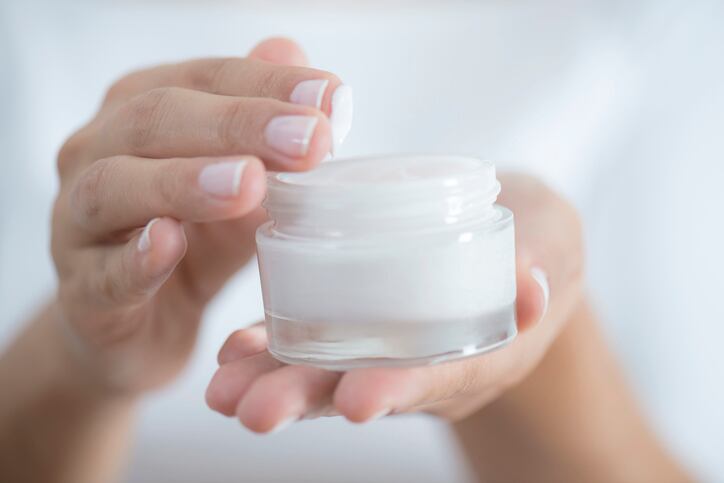Presenting research findings at this year’s IFSCC Congress in London, UK, back in September, L’Occitane Group’s Audrey project leader for active ingredients Faure-Grousson, said: “The major reason for this work was to meet two main needs: the green demand for glowing skin among consumers and the scientific valorisation of traditional Korean ingredients.”
Spicy find – from kimchi to cosmetics
Faure-Grousson said the story began with L’Occitane looking to plug skin radiance – an increasingly important aspect to skin care consumers – with natural active ingredients.
“At the beginning of the work, I had the same questions others had: how can I make something safe and efficient with something I only know as a spice?”
And Korean chili peppers were certainly known worldwide as a spice and food ingredient, she said, core to traditional fermented foods like kimchi. So, moving it into cosmetics presented a challenge but exciting opportunity, she said.
“One molecule comes immediately to mind when we think about red pepper and this one is, of course, capsaicin – a powerful molecule that has many properties.” The molecule was known for its antioxidant and antimicrobial properties, she said, but also its influence on weight loss by increasing energy metabolism and improving blood circulation because it acted as a TRPV1 activator.
“Based on all this data, our challenge was to develop an innovative, non-irritating extract, without capsaicin, as a cosmetic active ingredient to target skin radiance,” Faure-Grousson said.
Antioxidant power
L’Occitane worked to develop a water-soluble, capsaicin-free extract from the chili peppers, without seeds, and conducted tests to validate it did not cause irritation or allergic responses on the human skin.
The company then started to investigate the biological activity of the extract and found antioxidant properties with scavenging potential. This was important, she said, for reaching the end goal of skin radiance because oxidative stress in skin was associated with protein carbonylation, an irreversible mechanism that caused yellowish tones and contributed to photoageing.
In vitro research showed that, not only did the red pepper extract reduce reactive oxygen species (ROS) in the skin, it also limited protein carbonylation. Findings also indicated the extract offered “emerging properties”, she said, because it boosted skin cell production, even under pollution stress, which helped keep skin smoother and thus reflect light better.
Faure-Grousson said L’Occitane then validated these results in vivo, testing a formula containing 5% of the Korean red pepper extract on 32 Asian women for four weeks to investigate skin radiance further.
Skin luminosity, brightness, transparency and colour
Using the CLBT skin tone assessment method, findings demonstrated skin luminosity, brightness, transparency and overall colour all improved after four weeks of use, with colour starting to improve after just one week of use.
“For the colour, improvement of skin radiance means an increase in pink and decrease of yellow and olive shades. After four weeks, our cream reduces olive and yellow colours. But a cream with 5% of red pepper extract can increase skin radiance from one week of use,” she said.
Asked by an attendee how L’Occitane defined luminosity and thus overall skin radiance, Faure-Grousson replied: “Luminosity, for us, was the way the skin could reflect light.”
A separate IFSCC Congress presentation from Swedish cosmetics firm Oriflame acknowledged how worldwide consumer perceptions of skin glow varied but its principal scientist said the global consensus remained that glow related to “healthy skin”.
Looking ahead, Faure-Grousson said it would be interesting to conduct further studies into Korean red peppers to identify “particular molecules of interest” for skin care beyond what this existing research had demonstrated.




